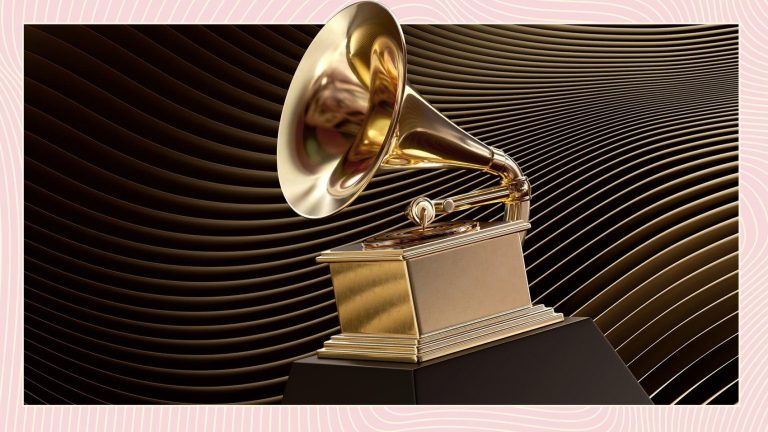
The Real Problem: Streaming Fraud
While the rise of AI music might seem like a creative curiosity, Deezer’s data reveals a darker truth. The platform has found that a staggering 70% of plays for these AI-generated tracks are fraudulent. This indicates that the primary goal isn’t artistic expression, but rather to manipulate streaming numbers and divert royalty payments from real artists. This digital “slop” threatens the integrity of the music ecosystem, and it’s a problem that could put as much as 25% of creators’ revenues at risk by 2028, a staggering €4 billion.
How Deezer is Fighting Back
In response to this growing threat, Deezer has taken a proactive stance. The company launched a proprietary AI detection tool in January that can identify music created by popular models like Suno and Udio. Deezer then removes this content from its algorithmic recommendations and excludes it from editorial playlists, ensuring that it doesn’t clutter user feeds or fraudulently siphon away royalties. Alexis Lanternier, CEO of Deezer, stated that this approach is simple: “We want to lead the way in minimizing any negative impact for artists and fans alike.” By tagging AI content and keeping it out of the royalty pool, Deezer is taking a firm step to protect human creators and maintain a transparent user experience.
The influx of AI-generated music is a wake-up call for the entire industry. As platforms like Deezer work to stay ahead of the curve, their efforts highlight a crucial battle: protecting the value of human creativity and ensuring that the hard work of artists is fairly compensated in an increasingly automated world.
For more information read the whole story here.








